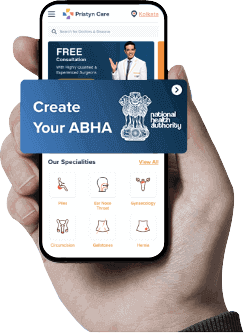How to relieve fissure itching?
Here are a few simple tips that can help you relieve fissure itching:
- Don’t scratch the fissure area – Scratching may irritate the skin. To find relief from the condition, you can apply compression to the area or take an oatmeal bath. You may want to scratch the area while in your sleep, so you should trim your nails to prevent hurting your area.
- Wear breathable cotton underwear – Wearing cotton undergarments will help you keep your area dry. Avoid wearing pantyhose and tight fit inner garments because it may trap moisture and irritate the skin.
- Clean your anal area gently – Use clean lukewarm plain water to your clean your anus. Use non-irritating mild soap. Do not scrub the area near your anal fissure. Make sure to clean the area with moist cotton balls or plain water if you have diarrhea or incontinence.
- Avoid irritants – Do not use anything like perfumed soaps, bubble baths, genital deodorant, or harsh wipes in and around your anal fissure. If you need to clean your fissure area, use unscented toilet paper.
- Watch your diet – Cut down on your intake of coffee, cola, spicy foods, citrus fruits, tomatoes or any food that may cause diarrhea. Don’t indulge in laxative overuse
- Use gels and ointments – You can use zinc oxide gels or ointments, vaseline petroleum jelly or hydrocortisone cream to find quick relief from the itching and irritating symptoms.
- Maintain firm bowel movements – Adding a lot of fiber to your regular diet can help you pass soft and timely bowel movements. For smooth bowel movements, you can also take help of fiber supplements such as psyllium (Metamucil) and methylcellulose (Citrucel).
What is the difference between anal fissure and anal fistula?
Anal fissure and anal fistula are two very common anorectal diseases. An anal fissure is a condition where an tear or a crack appears in the skin near the anus. On the other hand, anal fistulas are tube-like passages that appears in the anal canal or the inner rectum. Most anal fissures are like paper cuts and usually get healed within a few weeks. If left untreated, both anal fissure and anal fistula can develop into worse conditions. Untreated fistulas can even branch off into multiple openings.
The symptoms exhibited by both the conditions are very similar to each other. Pain in the anal area, discomfort while sitting at the toilet seat and pain while passing a bowel movement, and blood in stools are some of the common symptoms for both anal fissure and anal fistula. But anal fistulas may also include pus secretion from the anal area, an extra opening near the anus or an increase in diarrhea.
Although different in nature, both the conditions require medical intervention. An anal fissure or anal fistula can be treated by a proctologist or an anorectal/ colorectal surgeon. At initial stages, both the diseases can be managed with medicines. But to treat the condition permanently, one would require a surgical approach, which can be done either through open surgery or laser surgery.












.svg)








